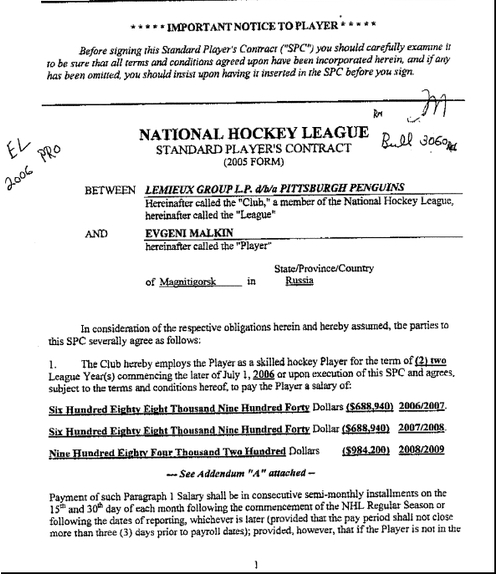As the initial flurry of activity following the opening of NHL free agency begins to subside, attention shifts to another critical component of the offseason roster construction: securing contracts for Restricted Free Agents (RFAs). While many RFAs reach agreements directly with their teams through standard negotiation, a specific number each year find themselves on a different path, electing salary arbitration.
This year, that group includes 11 players from various organizations. The decision to file for arbitration signals that direct contract talks have not yet resulted in an agreement both parties find acceptable, prompting a formal process to determine the player`s salary for the upcoming season.
Understanding the Arbitration Mechanism
Salary arbitration is a system utilized by the NHL (and MLB) to resolve impasses in contract negotiations, specifically with Restricted Free Agents. An RFA is a player whose contract has expired but whose rights are still held by their current team. While the team can offer a qualifying offer to retain these rights, the player and team must then agree on a new contract`s terms, primarily the salary.
When an agreement isn`t reached, either the player (by a specific deadline) or the team (by a later deadline) can elect for arbitration. The process involves a hearing before an independent third-party arbitrator. Both the team and the player present their cases, arguing for a specific salary based on factors like player performance, comparable salaries, team finances, and other relevant metrics.
Following the hearing, the arbitrator makes a binding decision, setting the player`s salary for the next contract, which is typically a one-year term in such cases. It`s a formal, data-driven process designed to bring finality to stalled negotiations.
The Players Electing Arbitration
The list of players filing for arbitration this year encompasses a range of positions and levels of NHL experience. For these 11 individuals, this formal step represents the next phase in their contract negotiations. Among the more recognized names are forward Nicholas Robertson of the Toronto Maple Leafs and forward Gabriel Vilardi of the Winnipeg Jets.
Here is the complete list of players who have elected salary arbitration:
- Morgan Barron (Winnipeg Jets)
- Lukas Dostal (Anaheim Ducks)
- Drew Helleson (Anaheim Ducks)
- Kaapo Kakko (Seattle Kraken)
- Nicholas Robertson (Toronto Maple Leafs)
- Dylan Samberg (Winnipeg Jets)
- Arvid Soderblom (Chicago Blackhawks)
- Jayden Struble (Montreal Canadiens)
- Conor Timmins (Buffalo Sabres)
- Maksim Tsyplakov (New York Islanders)
- Gabriel Vilardi (Winnipeg Jets)
Notably, the Winnipeg Jets have the highest representation on this list with three players filing, indicating perhaps a specific negotiation dynamic within that organization this offseason. The Anaheim Ducks follow with two players.
The Path Ahead: Settlement is Common
While electing arbitration schedules a hearing (these are set to occur between late July and early August), it does not preclude the team and player from continuing direct contract negotiations. In fact, reaching a settlement before the scheduled hearing is a very common outcome.
The prospect of a third-party decision, where neither side has full control over the outcome, often provides significant impetus for both the team and the player`s representatives to find common ground. It`s a formal process that frequently serves as a highly effective, albeit somewhat public, push towards a mutually agreed-upon deal.
Historically, it is not unusual for the vast majority, or even all, of the players who file for arbitration in a given year to settle their cases before their hearings actually take place. The 2021 offseason, where all players who filed ultimately settled beforehand, serves as a prime example of this common trend.
For these 11 players and their teams, the arbitration filing marks a specific point in the negotiation timeline. While hearings are on the calendar, the expectation remains that many, if not all, will resolve their contract situations through direct negotiation in the coming weeks, avoiding the need for an arbitrator`s final ruling.

